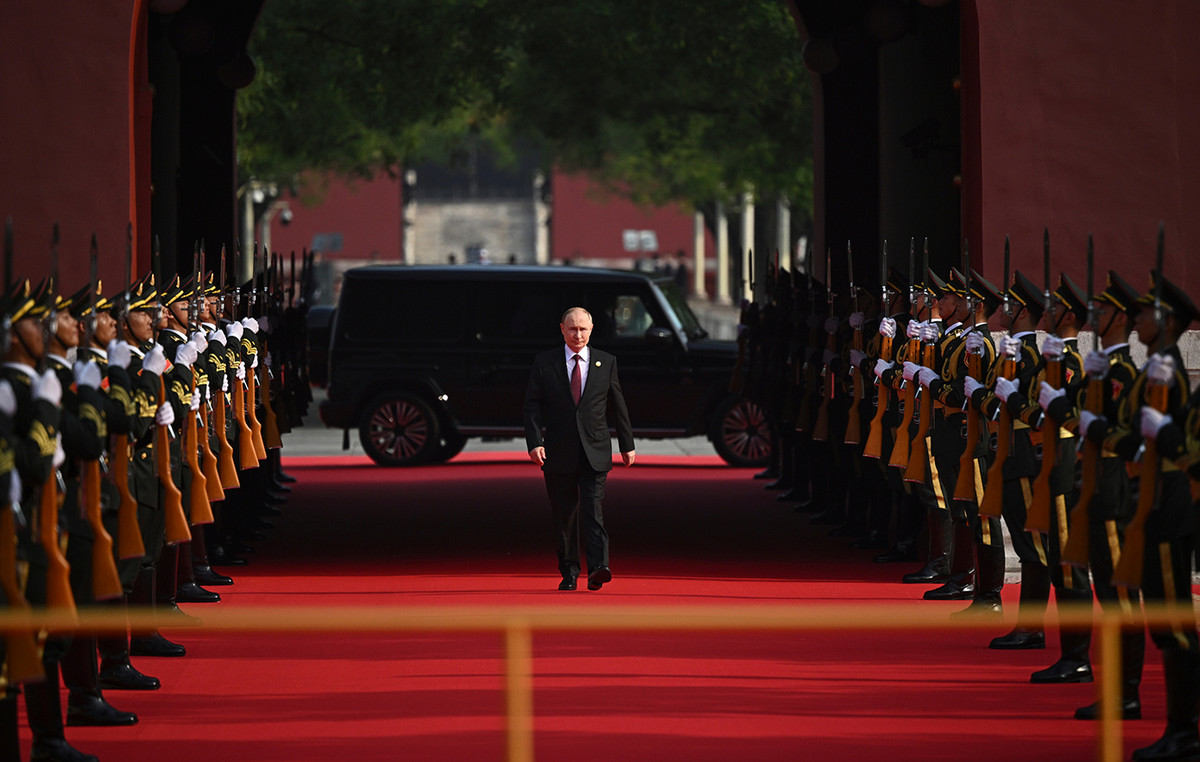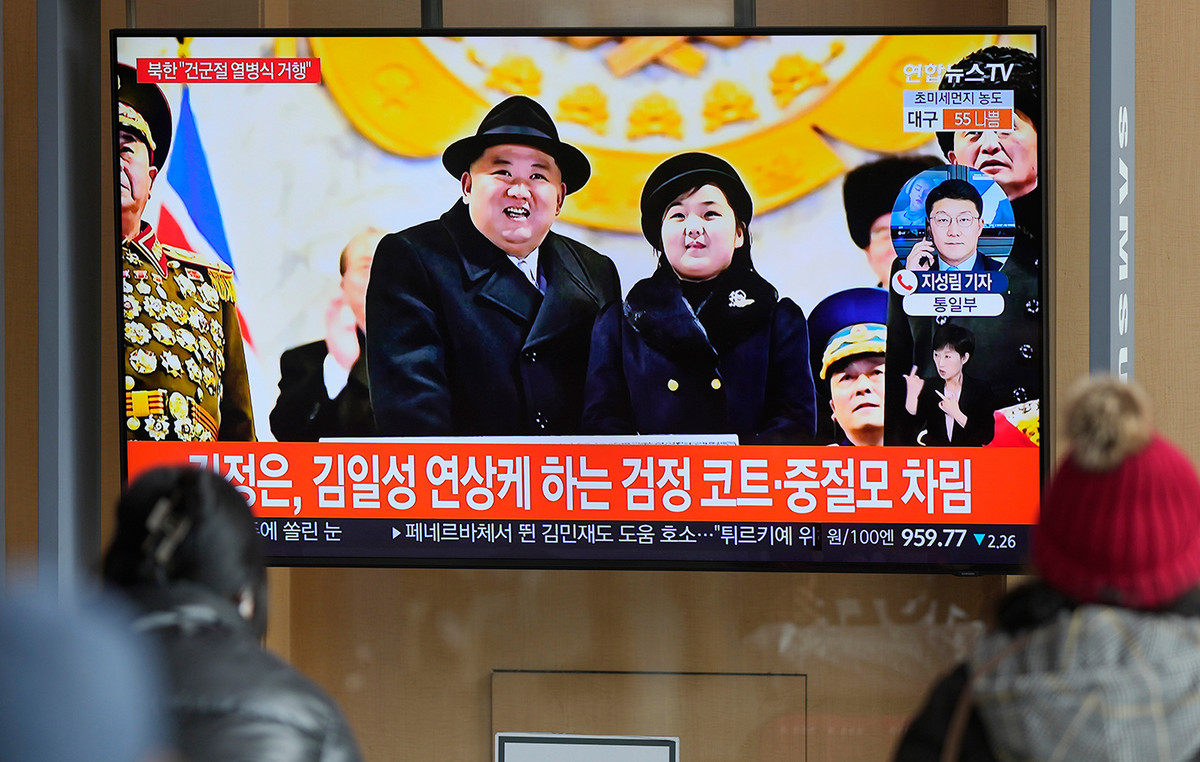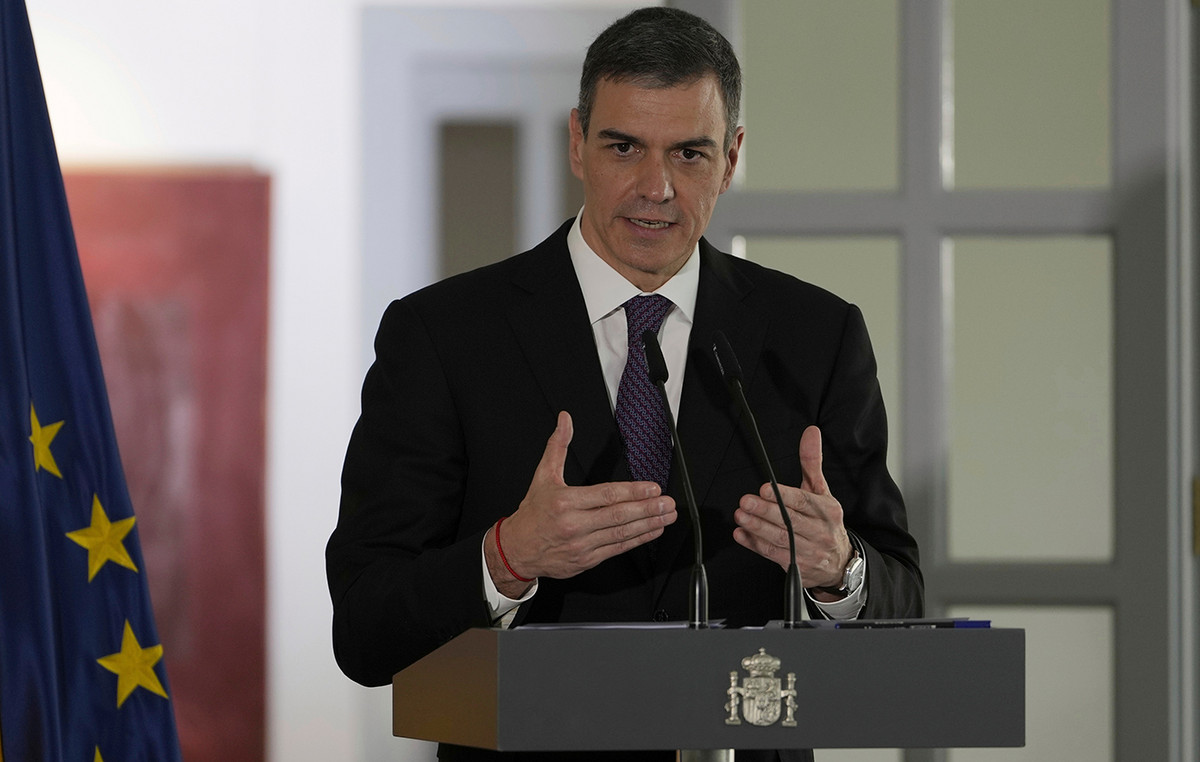US President Joe Biden, dogged by questions about his fitness for office, privately acknowledged that the coming days are a critical test for his re-election campaign, according to a source familiar with the matter. CNN.
He insists he will remain in the race, but he would not be the first American president to step aside rather than seek re-election.
In 1968, Lyndon B. Johnson shocked the country when he made a surprise announcement that he would not run for president. The announcement came at the end of a speech in the Oval Office about his plan to limit U.S. military operations in Vietnam.
“With America’s children in the fields far away, with America’s future at stake here at home, with our hopes and the hopes of the world for peace at stake every day, I do not believe that I should devote an hour or a day of my time to any personal partisan causes or to any duties other than the awesome duties of this office — the Presidency of your country,” Johnson said at the time.
“Consequently, I will not seek and will not accept my party’s nomination for another term as its president,” he stressed.
It’s a remarkable speech to see today. Watch it below, in English.
Nearly 60 when he made that speech, Johnson looked much older.
He would die of a sudden heart attack in 1973 at age 64, before eligibility for retirement programs like Medicare, which he signed into law, and Social Security, which he expanded.
When he dropped out of the race, Johnson, unlike Biden, was facing multiple challenges for the Democratic nomination in the spring of 1968. Racial unrest in the United States, coupled with a country fractured by the Vietnam War, hurt the then-president’s popularity.
In early 1968, the Tet Offensive in Vietnam showed that communist forces were much stronger than the U.S. military had claimed, and American casualties in the war mounted.
Earlier that March, Johnson narrowly won the New Hampshire primary against the anti-war candidate, Senator Eugene McCarthy.
Senator Robert F. Kennedy, brother of the man whose assassination elevated Johnson to the White House, entered the presidential race on March 16.
Health was a concern for Johnson
Events in Vietnam split the party in 1968, but the growing divide among Democrats over the war was not the only reason Johnson dropped out of the race, according to Mark Updegrove, a presidential historian and CEO of the LBJ Foundation.
I spoke to Updegrove in 2022 about why presidents might not run for reelection. He told me that year that Biden, like Lyndon B. Johnson, should consider his health before seeking another four-year term in the White House.
“There is a misconception that Lyndon B. Johnson chose not to run again due solely to the growing controversy and divisions over the war in Vietnam. That may have been part of it, but his primary concern was his health,” Updegrove said.
“He had a near-fatal heart attack in 1955, and his family had a history of fatal heart disease. He didn’t want to put the country through the kind of crisis we went through with FDR’s sudden death in 1945 and Woodrow Wilson’s stroke in 1919, which left him incapacitated,” Updegrove added.
Year of incredible uncertainty
The year 1968 is infamous in US history, and Johnson’s announcement on March 31 ushered in a period of violence and uncertainty.
Less than a week after Johnson announced his decision not to run for re-election, Martin Luther King Jr. was shot on April 4.
The case sparked a wave of violence and riots that devastated many American cities, including Washington, D.C., Baltimore and Chicago.
Johnson sent 58,000 National Guard troops and Army troops to U.S. cities.
In June of that year, Kennedy was assassinated in California, creating even more turmoil. His son is now running for president as an independent candidate.
If Biden decides to step away from the race this year, Democrats should study what happened in 1968, when they finally sidelined McCarthy, who channeled anti-war sentiment.
Instead, they elevated Johnson’s vice president, Hubert Humphrey, as their nominee at the Democratic National Convention—which, like this year’s, was held in Chicago that year as well.
As Humphrey accepted the nomination in the convention hall, riots broke out in the streets outside.
In November of that year, Humphrey came close to Richard Nixon, a Republican and the winner of the election, but the independent candidate George Wallace, a former Democrat, won several southern states with a populist and segregationist appeal.
Wallace also likely siphoned votes away from Humphrey in key states.
Johnson remains one of the country’s most transformative presidents
Johnson capitalized on a period of unity following the death of John F. Kennedy to pass landmark civil rights legislation.
He won his “own election” in 1964 and used that momentum to enact a series of laws designed to build the United States into a “great society,” including Medicare and the Voting Rights Act, and declared war on poverty.
These civil rights achievements were not universally celebrated in the United States, and hastened a realignment of American political parties in which Democrats went from being the dominant party to the minority party in the American South.
Source: CNN Brasil
Bruce Belcher is a seasoned author with over 5 years of experience in world news. He writes for online news websites and provides in-depth analysis on the world stock market. Bruce is known for his insightful perspectives and commitment to keeping the public informed.







